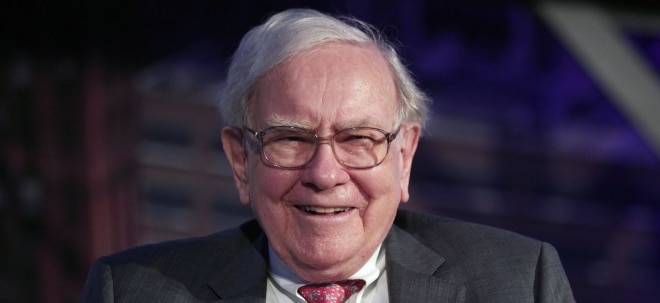Arise hopeful despite a “challenging year”
Email Story Email story
PrintPrint
Text Size Text Size Text SizeChoose text size
Report Typo Report typo or correction
Email the author Email the author
More Stories
• Adopted Newfoundland siblings find each ...
• Baden, Petersburg brush fires may have ...
• It’s too darned early
• Cambridge’s ‘trail guy’ gets national ...
• Magnitude 6.9 quake in Mexico felt in ...
• Social media comes to the classroom
• Parkinson’s patients improve with innovative ...
• Harlem Globetrotter star, Special Olympics ...
• Ex-coach James pardoned for sex abuse ...
• Perfect storm: Great weather, big crowds ...
March 25, 2010
By Rose Simone, Record staff
WATERLOO — Despite financial pressures caused by debt coupled with a global recession last year, Arise Technologies is optimistic about an upswing in solar technology sales this year.
The Waterloo-based company said today that while the global recession impacted sales of its solar power products last year, it did manage to reduce its net losses in the fourth quarter of 2009 to $7.5 million, compared to $22.3 million in the same three-month period of 2008.
For the full year, the company narrowed its losses to $41.3 million, from $42.3 million in 2008, even though revenues dipped to $31.7 million, down from $35.7 million in 2008.
It was “a challenging time for both Arise and the solar industry as a whole as the impact of the global recession continued to take its toll,” chief executive officer Vern Heinrichs said in a conference call.
The company is still under a lot of financial pressure as it continues to struggle with debt and working capital issues. On Dec. 31 2009, it had a working capital deficiency of $43.8 million.
“We have taken a number of actions to address our near-term working capital needs,” Heinrichs said.
Arise operates a plant in Germany that makes photovoltaic cells and silicon wafers. It has been selling solar systems across Europe and is getting into the Ontario solar energy market now that province has a new “feed-in tariff” program that pays for solar energy that is produced on rooftops and sold back into the hydro grid.
Heinrichs said the solar industry bounced back at the end of last year and the momentum continued to pick up at the beginning of this year.
In Germany, fourth-quarter orders for photovoltaic cells were nearly equal to the combined shipments for the first three quarters of last year, Heinrichs said. Preliminary results indicate demand in the first 11 weeks of this year was the highest in any quarter since the company began production at its German plant, he added.
Heinrichs said the first line in the plant is running almost at capacity and production on a second line is expected to start in the second quarter of 2010.
More countries are launching or improving their subsidy programs to produce more solar energy, so the company anticipates growing demand.
“We believe that we will emerge from this difficult period stronger than ever and in an excellent position to capitalize on future opportunities,” Heinrichs said.
The company’s shares (TSX:APV) were unchanged today, closing at 17 cents. |


 Thread abonnieren
Thread abonnieren






